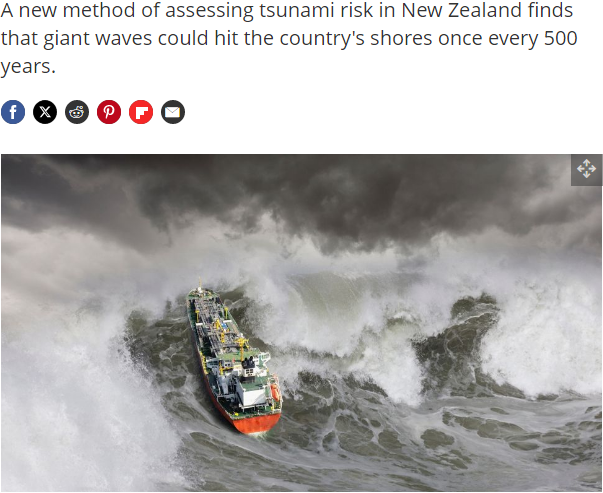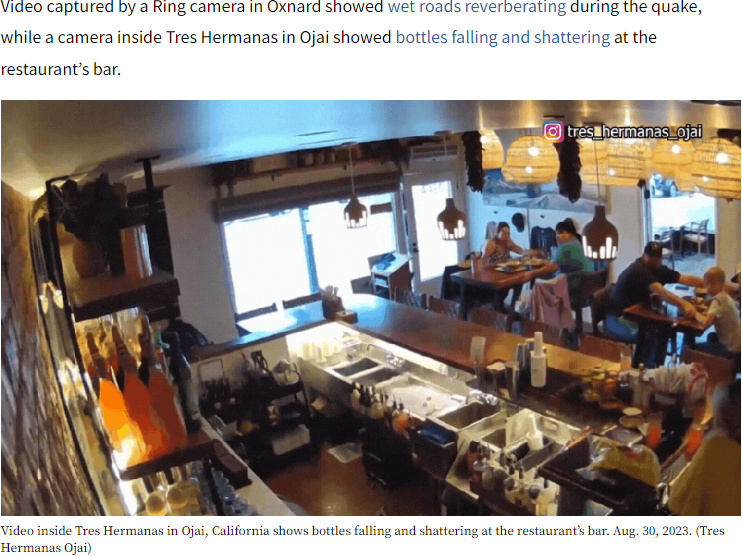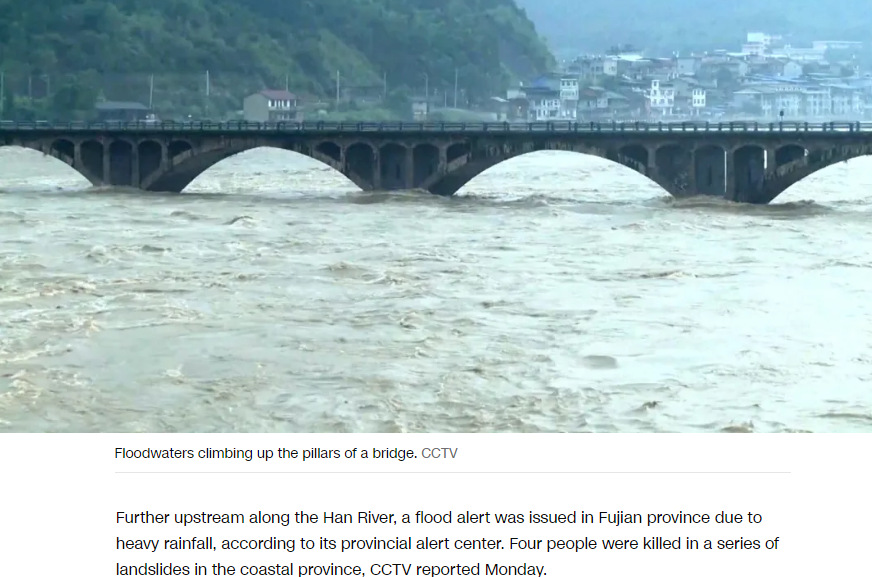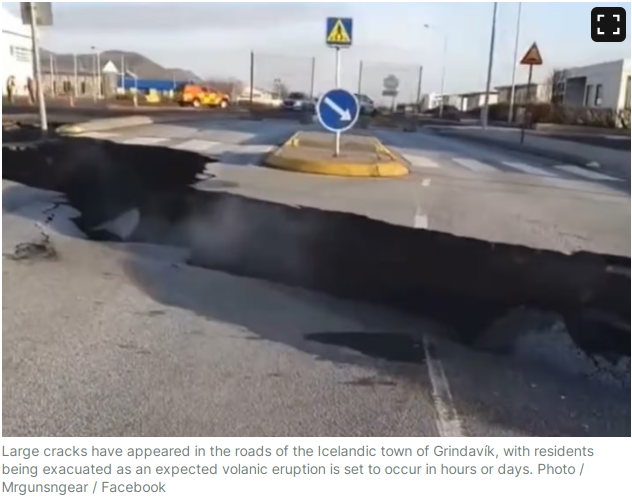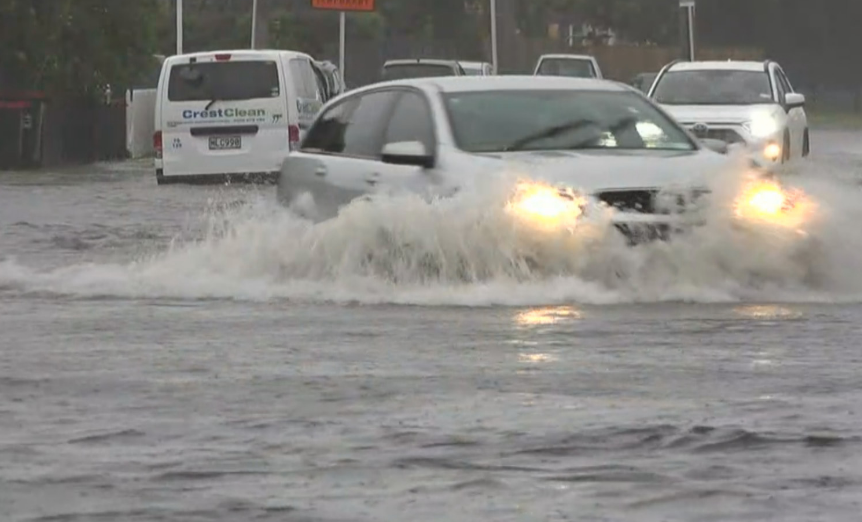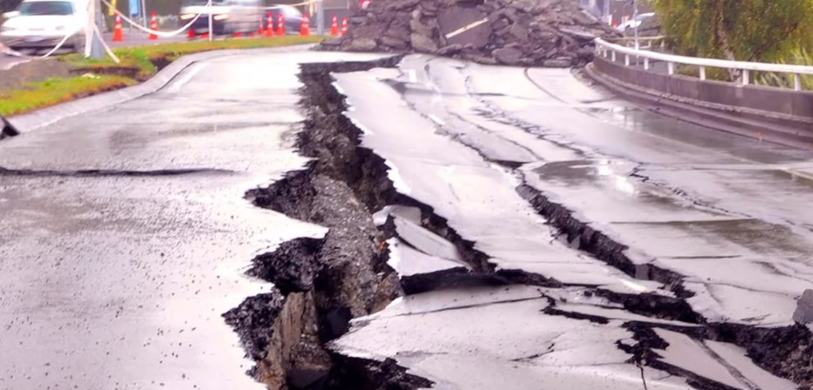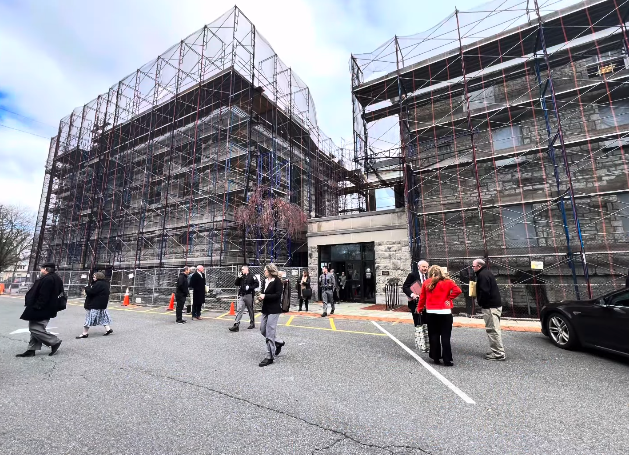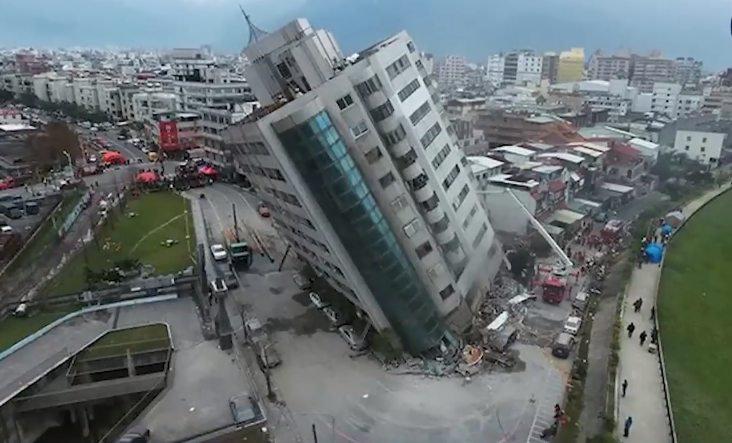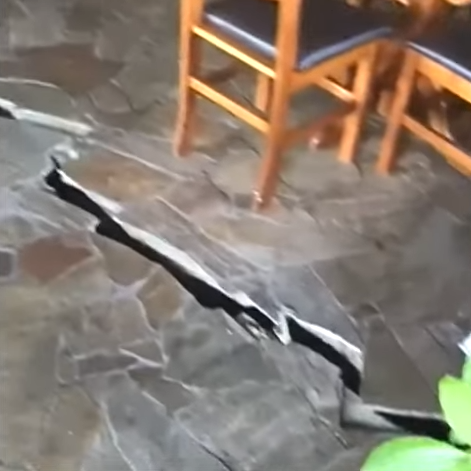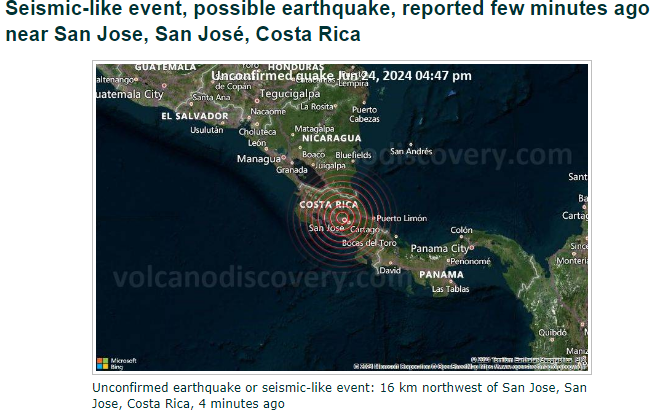In this article, we will explore the history of earthquakes in Mauritius, their frequency, and their impact on the region. We will also provide a table summarizing the most significant earthquakes in Mauritius’s recent history.

Earthquake Frequency in Mauritius
Mauritius is located in a seismically active region, with the African Plate and the Indian Plate meeting in the Indian Ocean. This tectonic activity has resulted in a history of earthquakes in the region.
According to the United States Geological Survey (USGS), there have been over 20 earthquakes with a magnitude of 4.0 or greater within 200 km of Mauritius since 2000. While the frequency of earthquakes in Mauritius is relatively low compared to other seismically active regions, the potential for significant seismic activity remains.
Significant Earthquakes in Mauritius
The following table summarizes the most significant earthquakes in Mauritius’s recent history:
| Date | Magnitude | Location | Depth (km) |
|---|---|---|---|
| 2024-06-27 | 5.3 | Mid Indian Ridge | 10 |
| 2024-06-10 | 5.0 | Mauritius Reunion | 10 |
| 2024-06-10 | 4.5 | Mauritius Reunion | 10 |
| 2023-07-06 | 5.2 | Mauritius Reunion | 10 |
| 2022-10-13 | 4.6 | Mauritius Reunion | 10 |
| 2022-09-24 | 5.1 | Mauritius Reunion | 10 |
| 2022-07-17 | 4.7 | Mauritius Reunion | 10 |
| 2022-06-11 | 5.1 | Mauritius Reunion | 10 |
| 2022-05-09 | 4.8 | Mauritius Reunion | 10 |
| 2022-04-20 | 5.0 | Mauritius Reunion | 10 |
| 2021-12-30 | 4.7 | Mauritius Reunion | 10 |
| 2018-07-25 | 5.0 | Mauritius Reunion | 10 |
| 2018-05-16 | 4.7 | Mauritius Reunion | 10 |
It is worth noting that the majority of significant earthquakes in Mauritius have occurred in the Mauritius-Reunion region, which is located in the Indian Ocean.
Earthquake Preparedness in Mauritius
The government of Mauritius has implemented measures to improve earthquake preparedness and response in the region. These measures include the development of an earthquake early warning system, the establishment of a national disaster management agency, and the implementation of building codes to improve the resilience of infrastructure.
However, it is essential for individuals and communities in Mauritius to take their own measures to prepare for earthquakes. This includes developing a family emergency plan, securing heavy items in homes and businesses, and learning first aid and emergency response skills.

Conclusion
While earthquakes in Mauritius are relatively infrequent, the potential for significant seismic activity remains. By understanding the history of earthquakes in the region and taking measures to prepare for them, individuals and communities in Mauritius can reduce their risk and improve their resilience to earthquakes.

